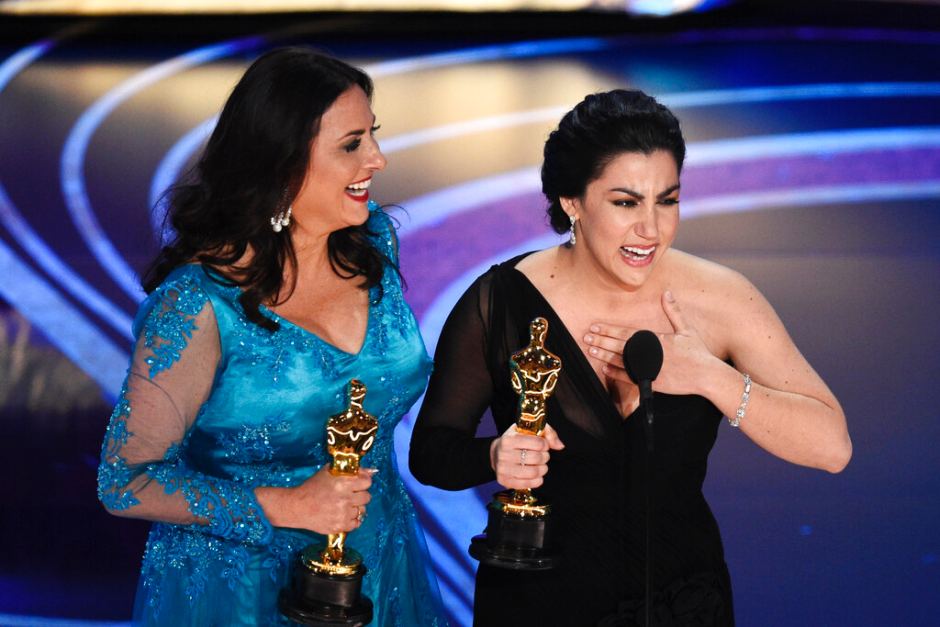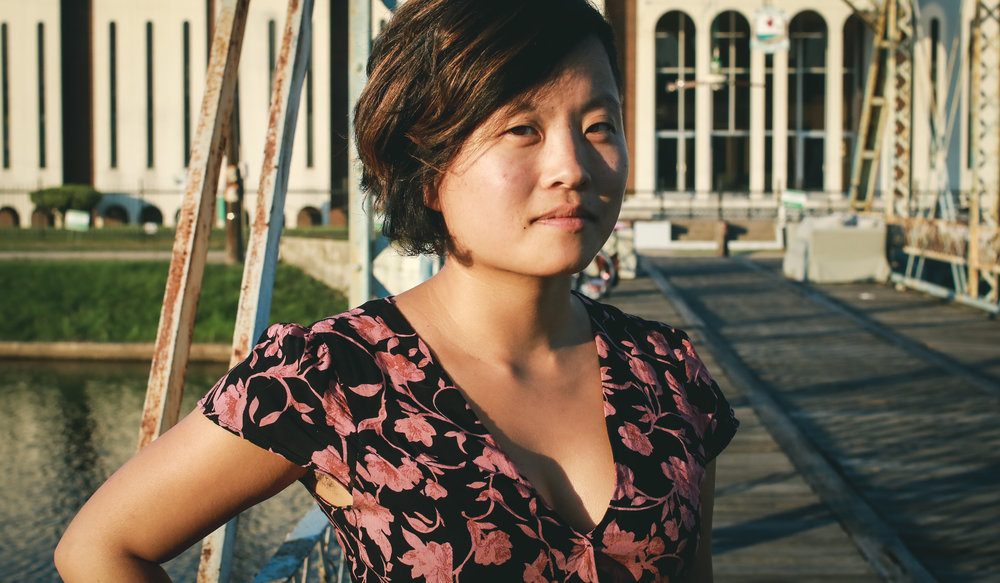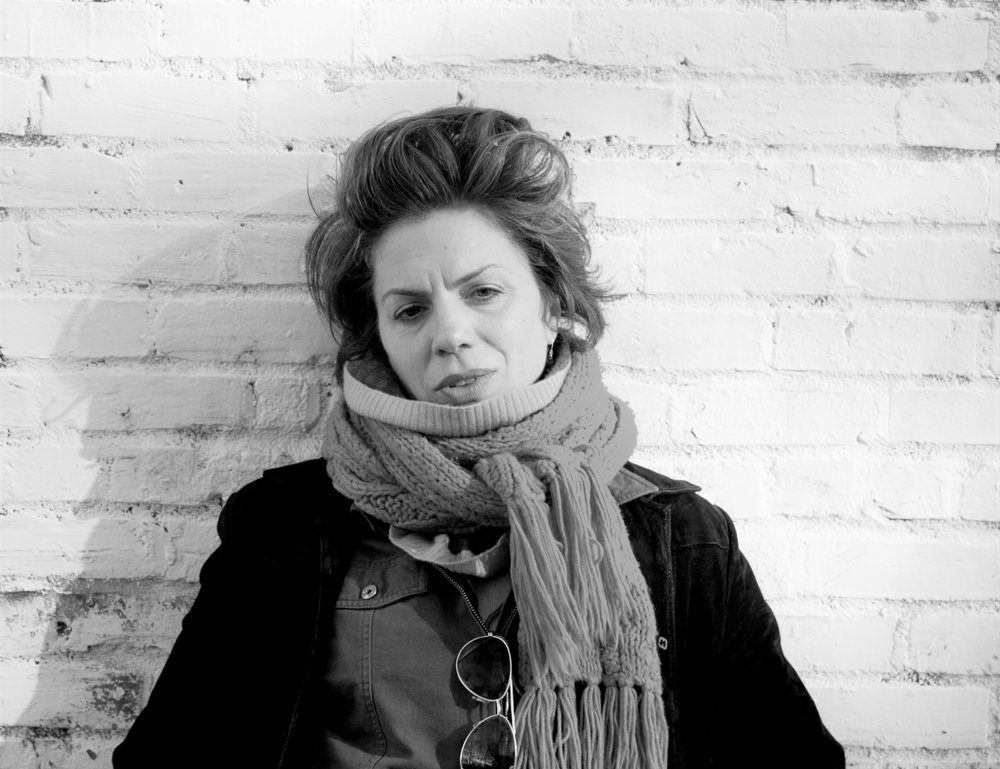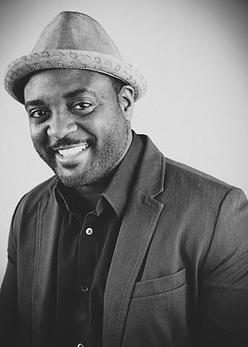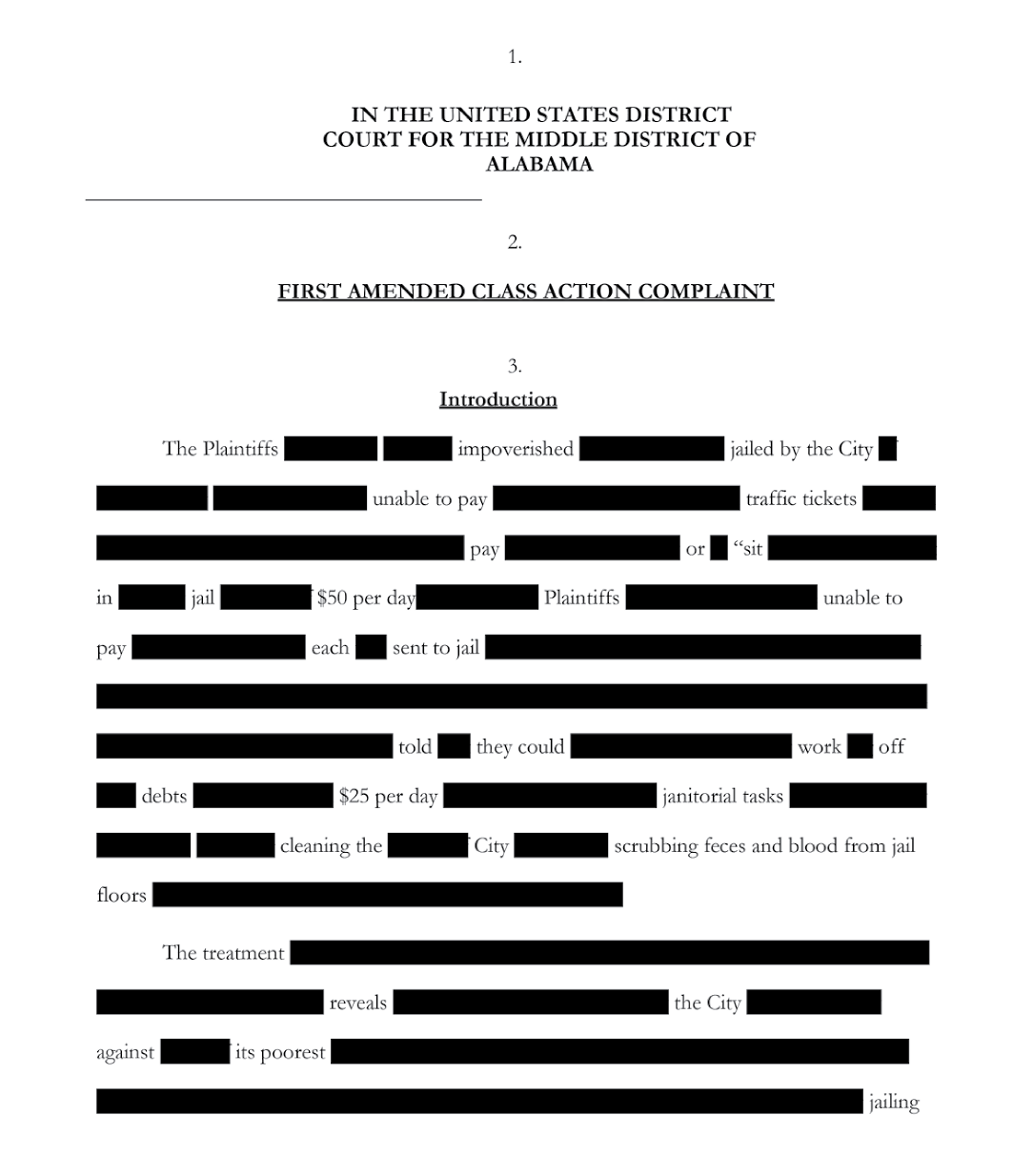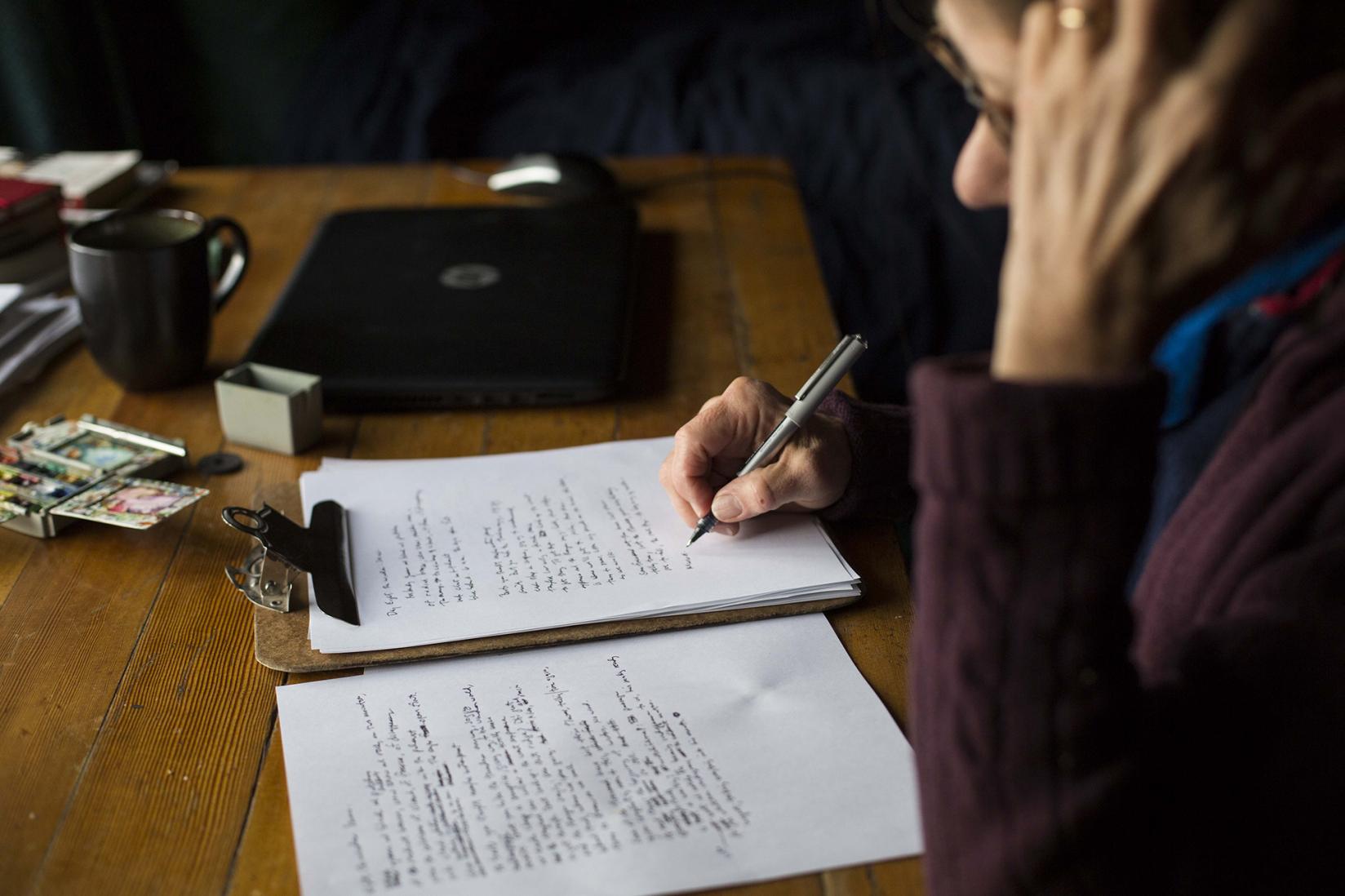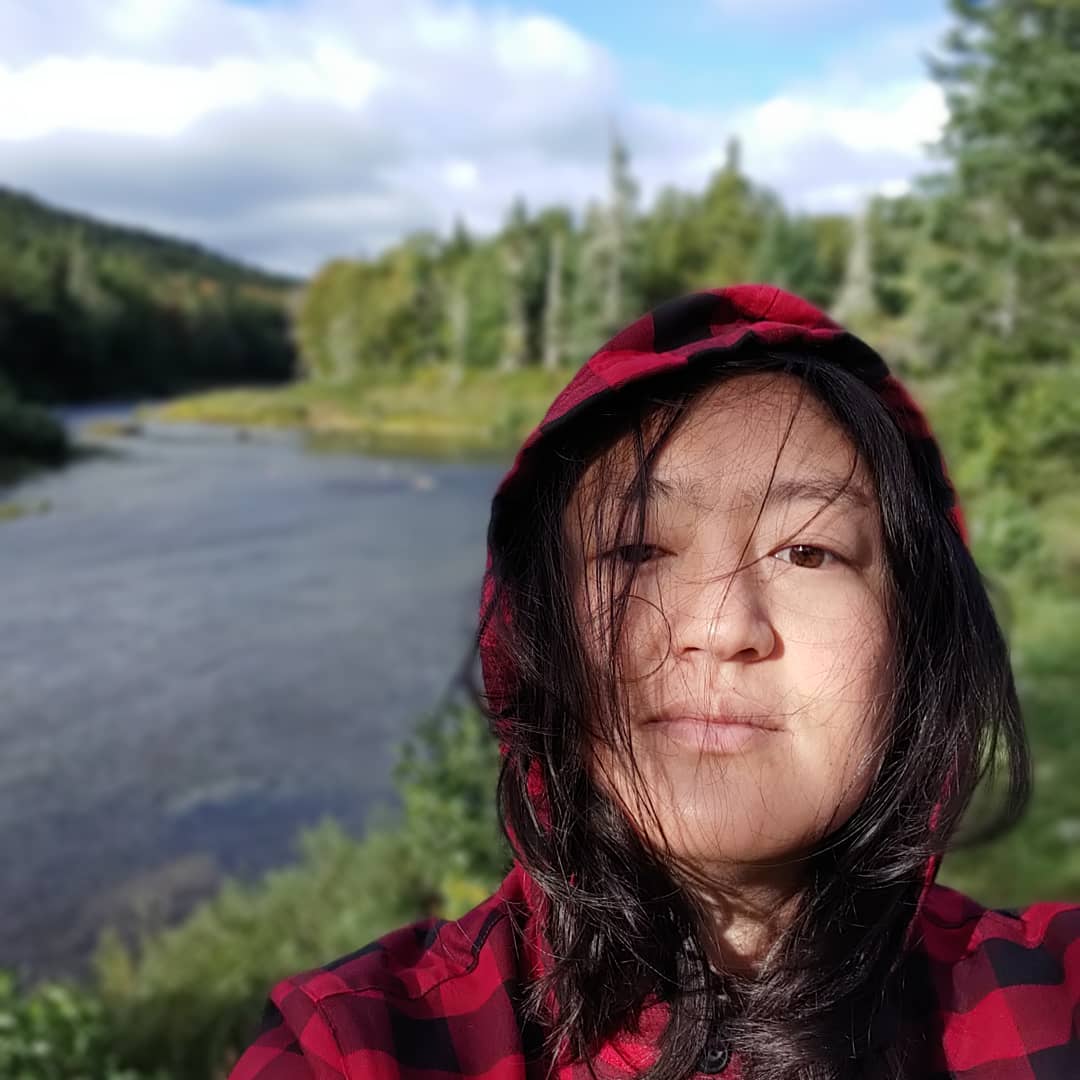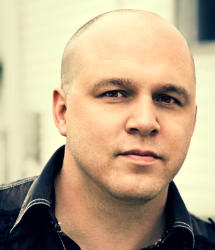
An excerpt from “Letter to the Person Who During the Q&A Session After the Reading Asked for Career Advice ” by Matthew Olzmann (poetry ’09), published by Waxwing.
Letter to the Person Who, During the Q&A Session After the Reading, Asked for Career Advice
The confusion you feel is not your fault.
When we were younger, guidance counselors steered us
toward respectable occupations: doctor, lawyer,
pharmacist, dentist. Not once did they say exorcist,
snake milker or racecar helmet tester.
Always: investment banker, IT specialist, marketing associate.
Never: rodeo clown.
Never: air guitar soloist, chainsaw
juggler or miniature golf windmill maker.
[… continue reading “Letter to the Person Who, During the Q&A Session After the Reading, Asked for Career Advice” as well as three other poems by Matthew Olzmann at Waxwing]


